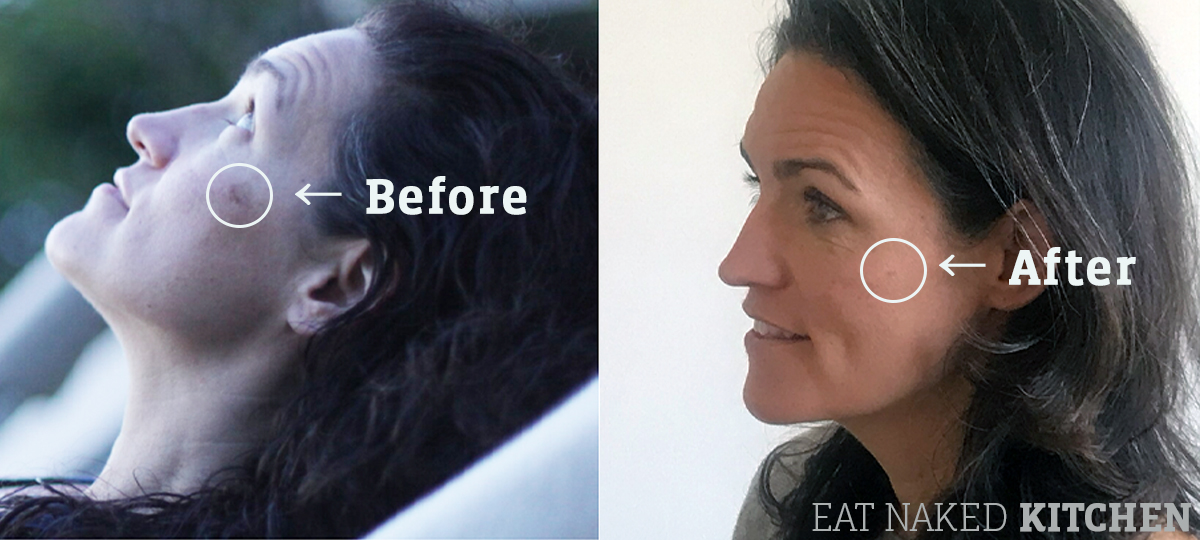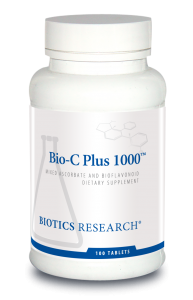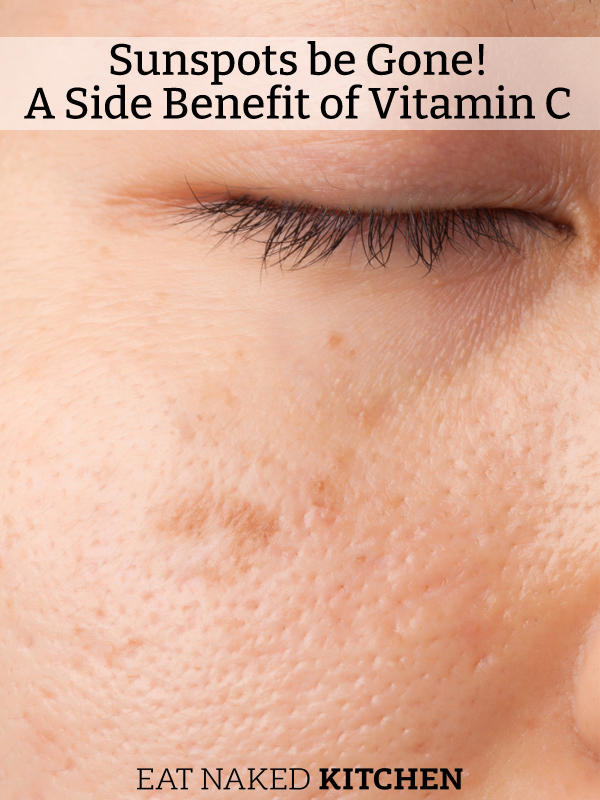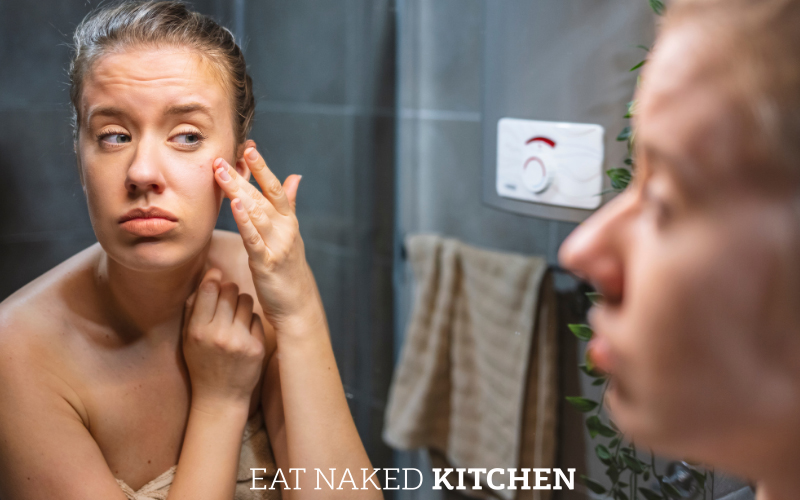As a Functional Nutritional Therapy Practitioner, I’m always experimenting with my own diet and supplement regimes – seeing what works best, what creative combinations I can concoct. A couple of years ago I was looking for a basic immune and sleep support that would help me through lots of travel. I already took a Magnesium powder at night before bed to help mitigate the impacts of stress and inspire sleep, so I added in my favorite vitamin C support: Bio C 1000 Plus by Biotics Research.
Vitamin C supplementation sounds really basic – and it is – but not all vitamin C supports are created equally. Many powders have added sweeteners which I wanted to avoid, and others are only ascorbic acid – just one of the broad spectrum of nutrients that collectively are known as vitamin C. I love the Biotics version because it’s a wide variety of these different Ascorbates – giving the full vitamin complement.
Vitamin C has lots of well-known benefits:
- It’s a potent antioxidant, which means it fights off the damage from free-radicals and oxidative stress.
- It supports the immune system by supporting neutrophil and lymphocyte activity. Neutrophils are a type of white blood cell that help fight off infections; and lymphocytes are another type of white blood cell that create antibodies – key players in our body’s ability to fight off invaders.
- It’s essential to our body’s ability to absorb both calcium and iron.
- It nourishes the adrenals, our fight or flight stress handling glands that typically get quite the workout in our fast-paced modern world. In fact, the adrenals hold the highest vitamin C stores of the whole body and so this nutrient is essential to their proper functioning.
- It’s a cofactor in collagen formation, which means it’s key for healing.
Interesting sidenote: in researching for this article, I learned that only guinea pigs, monkeys and humans cannot manufacture vitamin C from glucose, and hence need to consume it from food and/or supplementation. If we consider all the things that increase the need for vitamin C in the body – poor diet, stress, toxic exposure, and even injury – it’s no wonder supplementation is so important!
I like to supplement with nutrients that have multiple benefits, and so this became part of my nightly routine.
Within a few months, a hidden side-benefit of this change revealed itself: a sun-spot I’d had on my left cheek started to reduce in size.
Now I know that vitamin C is really good for the skin – and I’d played with vitamin C serums over the years, but never noticed any difference. Adding this one supplement into my routine I started to see more impact than all the topical creams I’d ever used.
At first I thought this might be a fluke, or that I was imagining things. But then, a friend shared this picture of me from 3 years ago – no makeup and sunspot in full view – and I realized what a difference!

Now I’m not a proponent of a single-nutrient solution. I don’t believe in magic pills and I am not under the illusion that this was the ONLY thing that contributed to my skin’s recovery: I already eat a very low sugar, clean diet loaded with veggies and clean sources of protein. I minimize toxins and do a 21-day purification program once or twice a year. But I’ve been doing these things for a while now, and hadn’t had this kind of overt impact on my skin.
I also realize this is an N of 1. Not exactly a scientifically-sound or rigorous experiment, but a little digging revealed some research that clearly supports this:
This paper found that “Ultraviolet B-induced DNA damage in human epidermis [in other words: sun damage to skin] is modified by the antioxidants ascorbic acid [vitamin C] and D-alpha-tocopherol [vitamin E].”
This paper shared that “Ascorbic acid [vitamin C] specifically increases type I and type III procollagen messenger RNA levels in human skin fibroblast.” In other words: it helps repair skin tissue.
And this paper explained that “Vitamin C is a well-established antioxidant agent. Skin cells harbour high concentrations of vitamin C, to enhance collagen synthesis and provide antioxidant protection against UV-induced photodamage.”
There’s more, but you get the jist!
I’m thrilled at the results and Vitamin C has a firm and permanent place in my supplement routine not only for its immune-supporting and adrenal-loving benefits, but also for the inside-out impact it seems to be having on my skin.

Biotics discontinued their powdered version of this support, but their Bio-C Plus 1000 is a similar formulation, and dosed at 3/day will give similar effects without causing gastric distress. If you’d like to try some too, it is available in the Eat Naked Kitchen store: Bio C 1000 Plus.
If you have a sunspot and care to try this experiment on yourself, share your before and after images with us in the comments below!
Please note: it took regular (nightly) supplementation with this for almost a year to get these results, so know that this is a process and a commitment. But the worst case scenario is that you gain all the other benefits of vitamin C supplementation and the best case scenario is that your sunspots minimize as well!
Have you had a similar experience with Vitamin C supplementation? Or have you received a surprise benefit from a supplement you’ve been taking? We’d love to hear from you! Please share in the comments below.
Disclaimer: The information provided in this post is based on the opinions of the author unless otherwise noted. All information is intended to motivate readers to make their own nutrition and health decisions after consulting with their health care provider. Margaret is neither a doctor, lawyer, psychiatrist, or therapist.
We encourage you to consult a doctor before making any health changes, especially any changes related to a specific diagnosis or condition. No information in this post should be relied upon to determine diet, make a medical diagnosis, or determine treatment for a medical condition. The information in this post is not intended to replace a one-on-one relationship with a qualified health care professional and is not intended as medical advice.
NO information in this post should be used to diagnose, treat, prevent or cure any disease or condition.
By reading this post, you acknowledge that you are responsible for your own health decisions. Any statements or claims about the possible health benefits conferred by any foods or supplements have not been evaluated by the Food & Drug Administration (FDA) and are not intended to diagnose, treat, prevent or cure any disease.




